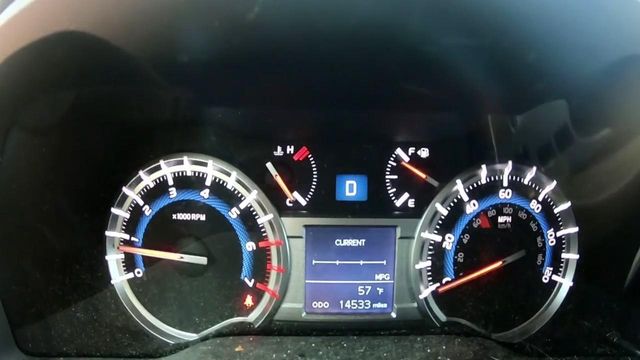5 On Your Side: Usage-based insurance can lead to privacy trade-offs
5 On Your Side's Monica Laliberte looked into what's offered in North Carolina and the concerns about privacy of usage-based insurance.
Posted — UpdatedHave you considered one of those trackers from your insurance company as a way to save?
With usage-based insurance, you meet certain parameters with your insurance company while they track how you drive.
Numerous carriers offer it, including State Farm, Nationwide, Allstate and Liberty Mutual.
It involves an app on your smartphone and a tag or dongle to track you.
Companies then score you after monitoring everything from phone use to acceleration and braking, speed and distance.
Distance alone can be an issue.
For example, State Farm considers low mileage 7,500 miles a year or less.
According to North Carolina's Department of Insurance, insurers can offer a participation discount of up to 5% for signing up, but they can't legally track you.
Yet State Farm spokesman Roszell Gadson told 5 On Your Side that "once we’ve had some time to gather adequate driving data, a discount up to 30% may apply."
Barry Smith, spokesman for the NC Department of Insurance, said an official plan to offer rate adjudtments for data hasn't been approved.
"Our concern is the data," Smith said. "How is it interpreted?"
"Data obtained by UBI programs...can also be used to penalize or place a surcharge on the customer," Smith said. "For example, a driver might have to hit the brake hard to avoid hitting a vehicle that has slowed down or stopped in front of the motorist, or to avoid hitting a deer crossing the road. A UBI app could interpret such braking in a negative way — that the motorist brakes hard — and end up costing the driver in increased insurance premiums."
"At this point, insurers have not found a way to offer a true discount program for North Carolina consumers without leaving open the possibility that data could be used to surcharge drivers for their driving patterns," Smith said.
If your driving suggests risky behavior, some insurers could charge you more.
“If you’re in an accident, your information can be used, for example, by law enforcement,” said Tobie Stanger of Consumer Reports.
With the median savings adding up to $46 according to Consumer Reports, drivers will have to decide if that's worth any possible privacy concerns.
Related Topics
• Credits
Copyright 2024 by Capitol Broadcasting Company. All rights reserved. This material may not be published, broadcast, rewritten or redistributed.






